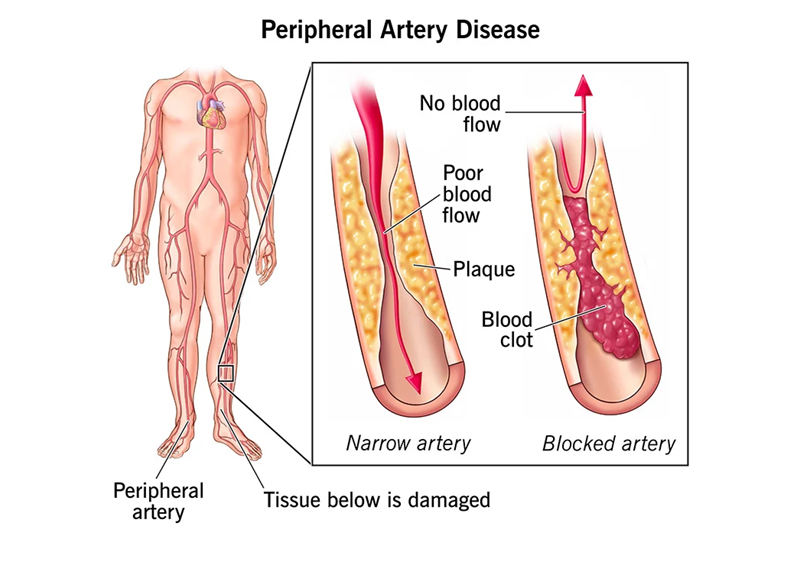NEW DELHI, Mar 16: Sleeping less than five hours a night is associated with a 74 per cent increased risk of developing peripheral artery disease (PAD) compared with seven to eight hours of shut eye, a study has found.
The resaerchers noted that over 200 million people globally have PAD, where the vessels in the legs are clogged, restricting blood flow and increasing the risk of stroke and heart attack.
“Our study suggests that sleeping for seven to eight hours a night is a good habit for lowering the risk of PAD,” said study author Shuai Yuan, from Karolinska Institute in Sweden.
“Insufficient night-time sleep and daytime napping have previously been associated with a raised risk of coronary artery disease which, like PAD, is caused by clogged arteries,” Yuan said in a statement.
The resaerchers noted that sleeping problems are among the top ranked complaints in PAD patients. There is limited data on the impact of sleep habits on PAD and vice versa, and the study aims to fill that gap.
The research, published in European Heart Journal – Open, included more than 650,000 participants and was conducted in two parts. First, the researchers analysed the associations of sleep duration and daytime napping with the risk of PAD.
In the second part, they used genetic data to perform trials to examine the cause behind these associations.
“Observational analyses are limited by reverse causality – meaning that if an association between sleep habits and PAD is found, we cannot be certain if sleep habits caused PAD or having PAD caused the sleep habits,” Yuan said.
Taken together, the strongest evidence was for short sleep, where the relationship with PAD went both ways.
In an observational analysis of 53,416 adults, sleeping less than five hours a night was associated with a nearly doubled risk of PAD compared with seven to eight hours, the resaerchers said.
This finding was supported by further analyses in 156,582 and 452,028 individuals.
In the causal studies, short sleep was associated with an increased risk of PAD and, in addition, PAD was associated with an increased likelihood of short sleep. (PTI)
Trending Now
E-Paper


